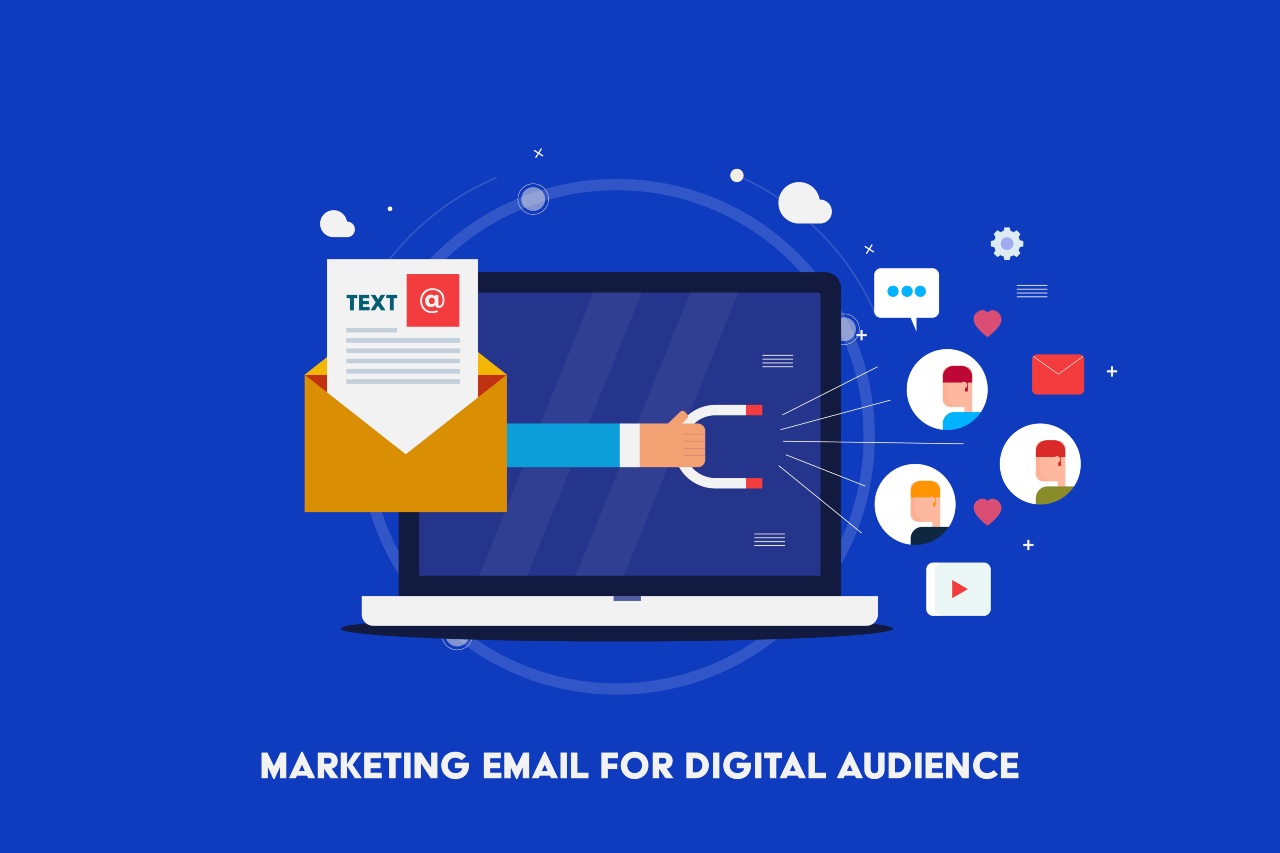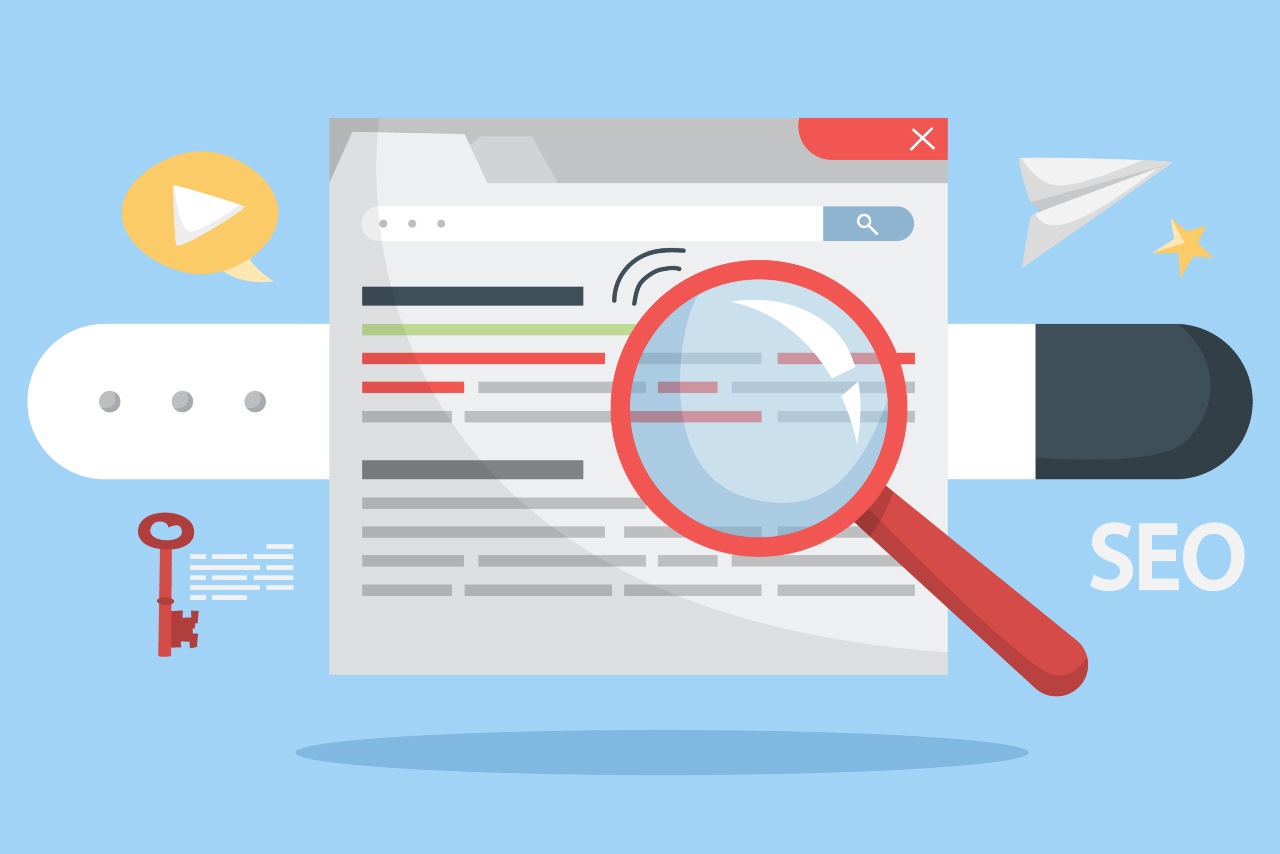
It is not a secret, today, businesses generate and collect vast amounts of data on a daily basis. From customer interactions and online behaviors to purchase histories and social media activity, this data can provide powerful insights into consumer preferences, trends, and market dynamics. Leveraging big data for marketing decisions enables companies to create more effective campaigns, personalize customer experiences, and maximize return on investment (ROI).
This article explores how big data can inform marketing strategies, improve customer targeting, and optimize business performance.
What is Big Data in Marketing?
Big data refers to large and complex datasets that cannot be processed effectively using traditional data management tools. In marketing, big data includes customer demographics, website traffic, social media engagements, email responses, and purchasing patterns.
With advanced analytics, artificial intelligence (AI), and machine learning, businesses can turn this data into actionable insights. There are three key components of big data:
- Volume – The vast amount of data collected from multiple sources.
- Velocity – The speed at which data is generated and processed in real-time.
- Variety – The different types of data, including structured (e.g., numbers, databases) and unstructured (e.g., social media posts, videos, images).
By effectively managing these components, businesses can make data-driven marketing decisions that improve efficiency and drive growth.
How Big Data Enhances Marketing Strategies

-
Improved Customer Insights and Personalization
Big data helps businesses understand customer behavior, preferences, and needs on a deeper level. By analyzing browsing patterns, past purchases, and interactions with marketing campaigns, companies can create highly personalized experiences.
For example, Amazon uses big data analytics to recommend products based on a customer’s shopping history, leading to increased sales and customer satisfaction. Similarly, Netflix leverages user data to suggest content tailored to individual preferences.
-
Predictive Analytics for Better Decision-Making
Predictive analytics uses historical data and machine learning algorithms to forecast future trends. Marketers can analyze past campaign performance, customer engagement levels, and purchasing behaviors to anticipate what customers want next.
For example, an e-commerce business can predict peak shopping periods and adjust inventory and promotions accordingly. Retailers can also use predictive models to determine which products are likely to be popular, reducing stock shortages and overstock situations.
-
Optimized Pricing Strategies
Big data enables businesses to analyze competitor pricing, customer willingness to pay, and market demand to set optimal prices. By leveraging dynamic pricing models, companies can adjust prices in real-time based on factors like seasonality, customer location, and competitor activity.
Airlines and hotel booking platforms use this strategy extensively. They collect and analyze real-time data to adjust pricing based on demand, increasing profitability while remaining competitive.
-
Enhanced Customer Segmentation
Segmenting customers based on age, location, interests, and purchasing habits allows businesses to create targeted marketing campaigns. Big data enables marketers to move beyond traditional demographics and segment customers based on real-time behaviors.
For example, an online fashion retailer can segment customers into groups like “frequent buyers,” “seasonal shoppers,” and “discount seekers.” This allows them to send personalized promotions and offers that are more likely to convert.
You may also like: Top 7 Benefits of Personalized Marketing Campaigns
-
Increased Marketing ROI
With big data, marketers can measure campaign effectiveness with precision. Instead of relying on guesswork, businesses can track key performance indicators (KPIs) such as click-through rates, conversion rates, and customer engagement.
By analyzing this data, companies can allocate budgets more efficiently, investing in marketing channels that deliver the highest ROI. Google Ads, Facebook Ads, and other digital marketing platforms leverage big data analytics to optimize ad spend and improve targeting.
-
Social Media and Sentiment Analysis
Big data tools can analyze social media conversations, comments, and reviews to gauge public sentiment about a brand, product, or industry trend. Sentiment analysis helps businesses understand how customers feel about their offerings and allows them to respond to negative feedback proactively.
For instance, Coca-Cola uses big data to monitor social media discussions and assess customer opinions on new product launches. This real-time feedback allows companies to tweak their strategies for better customer engagement.
-
Email Marketing Optimization
Big data enhances email marketing by analyzing user behavior, such as open rates, click-through rates, and time spent reading emails. Companies can use this data to send personalized emails at optimal times, ensuring better engagement and higher conversions.
Tools like Mailchimp and HubSpot use AI-powered analytics to recommend the best subject lines, content formats, and send times for maximizing email campaign performance.
You may also like: Top 7 email marketing practices for higher open rates
Challenges of Using Big Data in Marketing
While big data offers numerous benefits, it also presents challenges:
- Data Privacy Concerns – With stricter regulations like GDPR and CCPA, businesses must ensure they handle customer data responsibly.
- Data Overload – Managing and analyzing massive amounts of data requires sophisticated tools and expertise.
- Integration Issues – Combining data from multiple sources can be complex, requiring robust analytics platforms.
Despite these challenges, companies that successfully integrate big data into their marketing strategies gain a competitive edge in the market.
Final Words
To stay ahead in the competitive market, companies must invest in advanced data analytics tools and embrace a data-driven approach to marketing. Whether it’s through predictive analytics, social media insights, or personalized recommendations, big data empowers businesses to make smarter, more informed marketing decisions.
In the meantime, if you need help with your digital marketing, we are here for you. Feel free to contact us and learn more about our digital marketing services. You can find more information at Sylably.com or on our flagship Facebook page.
Did You Like the Article about Big Data in Marketing?
If you found this article helpful, please share with your friends, family, and colleagues who might also be interested in digital marketing services.
We would also love to hear your opinion, thoughts, and advice! Please leave your comments in the box below.
Thank you!











